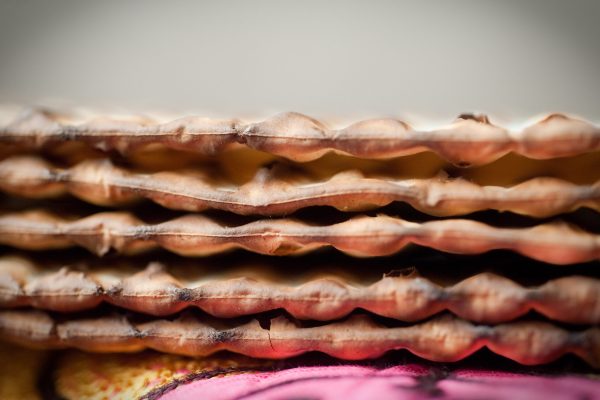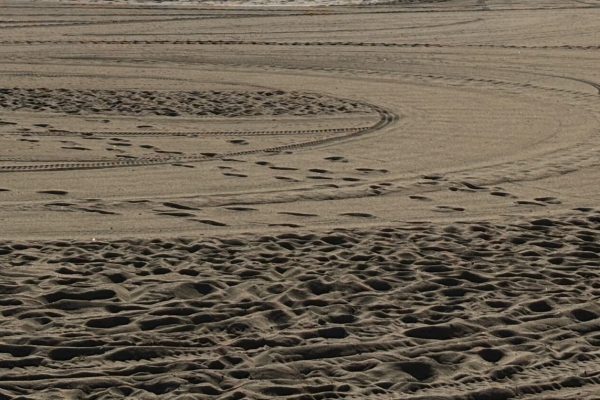Upstairs, my great-grandmother Raysel is making a racket.
She is practicing a waltz in her pointy-toed shoes,
preparing for a dance she will go to at the Young Men’s Hebrew Association
tomorrow night where she will meet my great-grandfather for the first time.
Her grandmother, Breine, is yelling at her in Yiddish from the upstairs hallway.
I don’t understand what she’s saying, but I bet she wants her to be quiet, too.
Breine bakes the challah every Friday in our house with extra honey
because she knows my granddaughter, Eliza, has a sweet tooth.
Eliza and her daughter have been studying old Yiddish texts with Breine and her mother.
My daughter can’t be bothered with learning Yiddish.
She is learning to spin yarn (a lost art she says) from Tova who speaks only Aramaic.
Tova’s youngest daughter once admitted to me that this makes her a little jealous.
On Rosh Hodesh each month, the women in my family gather in a room of infinite size.
We feast and sing wordless niggunim, our voices lifting and lifting.
One time, we tried to learn a line dance
where we linked arms in order of the generations,
bursting into contagious laughter
that must have started with someone
and ran through us all like a current.











